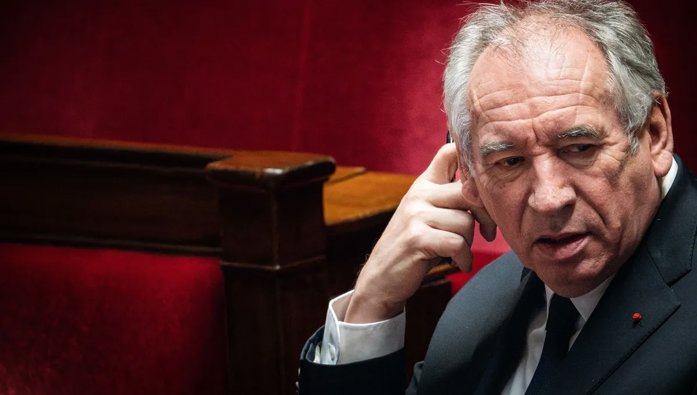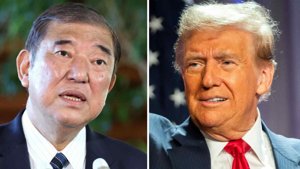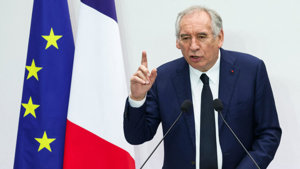
French PM Slams Trump’s Tariff Strategy
French Prime Minister Francois Bayrou delivered a sharp critique of U.S. President Donald Trump’s administration on Thursday, stating that its unpredictable tariff policies are generating a “contagion of worries” around the world. Bayrou’s comments reflect growing European concern over the escalating trade tensions fueled by the United States’ recent economic moves.
Speaking at an event in Paris, Bayrou emphasized the need for Europe to regain control over its production capabilities and economic sovereignty. “Recovering our production and our sovereignty is the most important issue we have to resolve to protect Europe’s security,” he declared. His remarks underscore the urgency with which European leaders are now approaching economic self-reliance in the face of volatile U.S. policy shifts.
Bayrou’s comments follow a series of bold trade actions from the Trump administration. Last week, President Trump introduced sweeping reciprocal tariffs targeting a wide range of countries and imposed a 25% duty on all non-U.S.-made vehicles. The tariffs have been seen as part of a broader effort by the administration to rebalance trade relationships and promote American manufacturing.
However, in a significant policy adjustment, President Trump announced on Wednesday a 90-day suspension of reciprocal tariffs for countries that have not retaliated against U.S. imports. The pause is intended to allow time for diplomatic negotiations and potential trade agreements. Despite this move, tariffs on foreign-made automobiles remain in place, maintaining pressure on major exporters such as Germany and Japan.
Bayrou’s warning adds to the chorus of international leaders voicing concern over the economic consequences of the U.S. trade strategy. The French prime minister’s call for European resilience and unity could signal a shift toward stronger intra-European economic cooperation as a counterbalance to American unpredictability.
With the 90-day window now open, attention will turn to how global partners respond and whether negotiations can deescalate mounting trade tensions. The EU’s response, and especially that of economic powerhouses like France and Germany, will be crucial in shaping the next phase of transatlantic trade relations.






